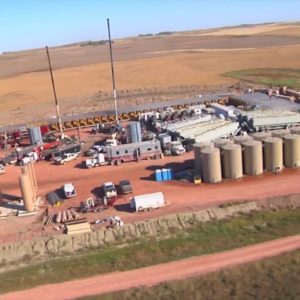
The TAMEST Shale Task Force report is an independent, comprehensive review of scientific research on the impacts of shale oil and gas development in Texas by a diverse set of experts.
View this complete post...







John Hennessy III,
P.E.

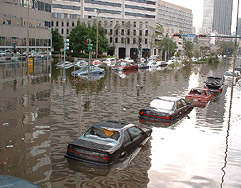

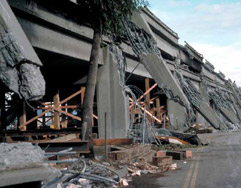


The TAMEST Shale Task Force report is an independent, comprehensive review of scientific research on the impacts of shale oil and gas development in Texas by a diverse set of experts.
View this complete post...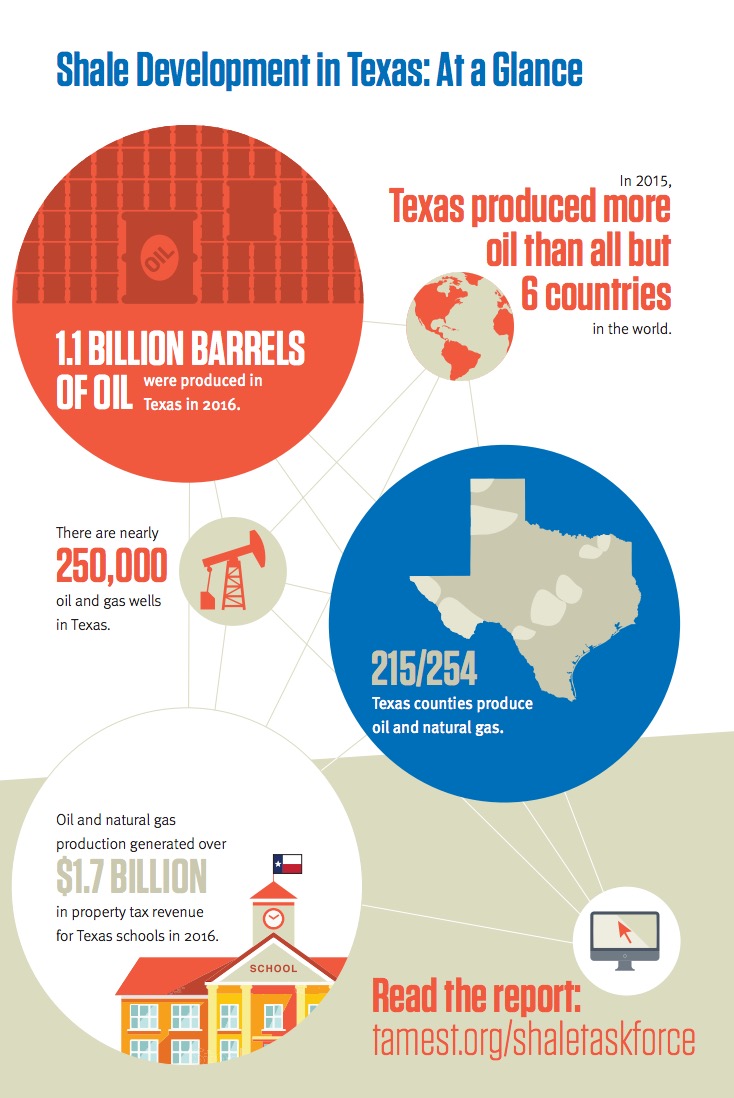
The Academy of Medicine, Engineering and Science of Texas (TAMEST) convened a task force to prepare this report on the Texas shale development experience. This report covers the underlying science for six topic areas as it pertains to shale exploration and production activities: 1) geology and earthquake activity; 2) land resources; 3) air quality; 4) water quantity and quality; 5) transportation; and 6) economic and social impacts.
View this complete post...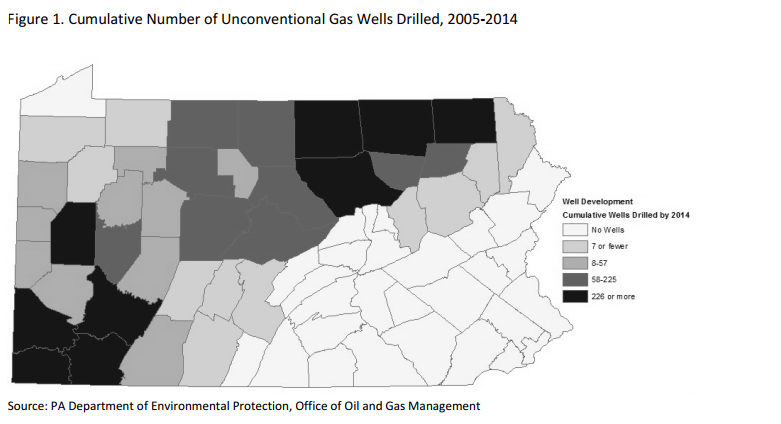
CENTER FOR RURAL PENNSYLVANIA The Marcellus Shale Impacts Study Wave 2: Chronicling Social and Economic Change in Northern and Southwestern Pennsylvania Executive Summary Traffic concerns, especially truck traffic and road safety, have been identified in a number of studies in the Marcellus Shale region (Brasier et al., 2011). By some estimates, a single well in […]
View this complete post...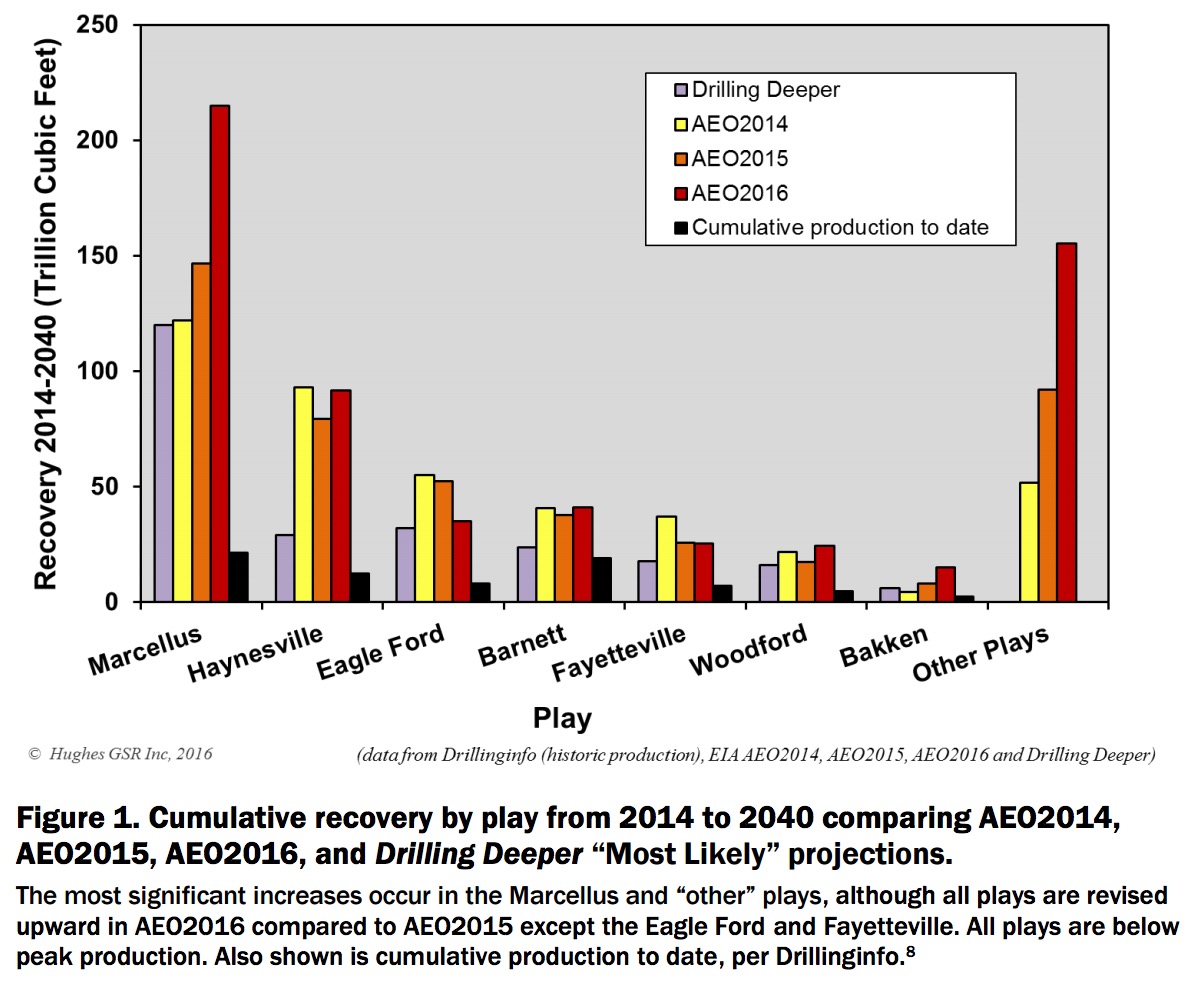
U.S. gas production was thought to be in permanent decline as recently as 2005. The advent of shale gas over the past decade has, however, dramatically turned this around and increased production to all-time highs. Notwithstanding this, U.S. gas production peaked in mid-2015 and shale gas production peaked in early 2016, according to the Energy Information Administration (EIA). The question is: How fast and how much can production grow in the future given higher prices and a return to higher rates of drilling?
View this complete post...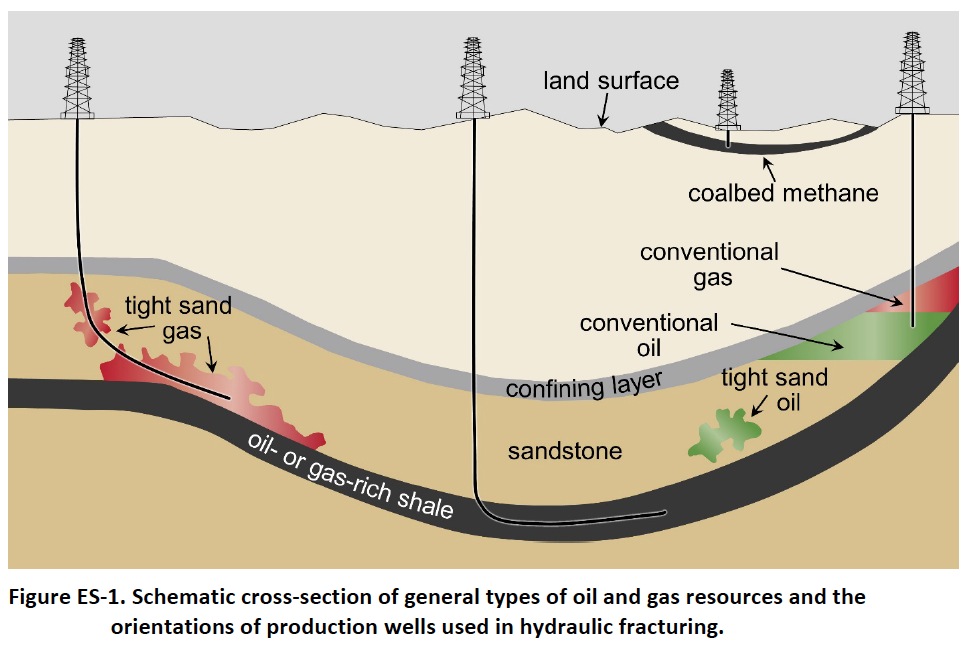
UNITED STATES ENVIRONMENTAL PROTECTION AGENCY
From our assessment, we conclude there are above and below ground mechanisms by which hydraulic fracturing activities have the potential to impact drinking water resources. These mechanisms include water withdrawals in times of, or in areas with, low water availability; spills of hydraulic fracturing fluids and produced water; fracturing directly into underground drinking water resources; below ground migration of liquids and gases; and inadequate treatment and discharge of wastewater.
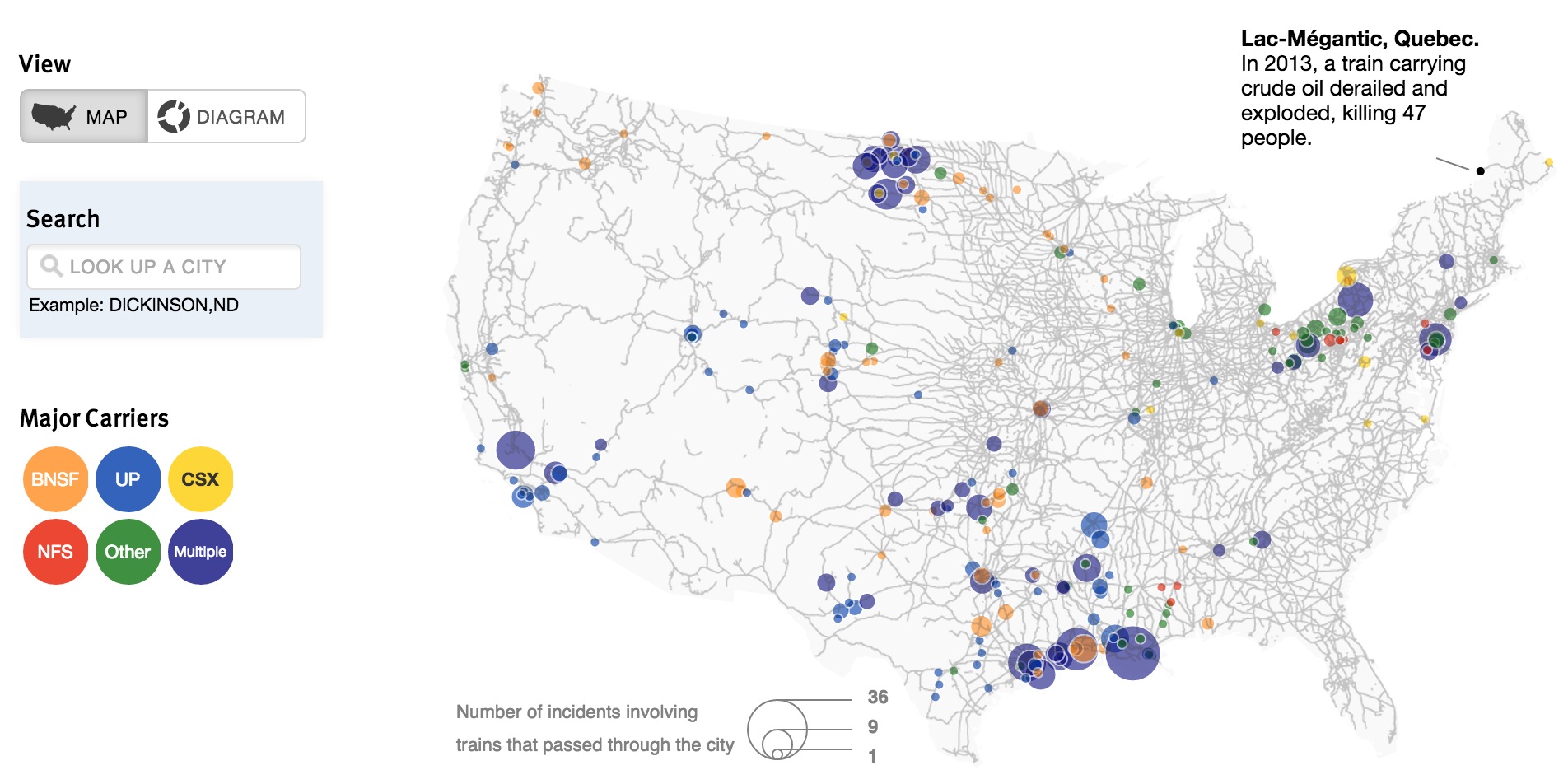
Rail fans can still spot coal-laden boxcars from coast to coast, but today’s locomotives are increasingly likely to pull tankers full of crude oil. Largely stemming from the fracking boom in North Dakota, crude oil transportation by rail has reached unprecedented heights in past years. In response to a growing number of accidents–some on an apocalyptic scale, as in Lac-Mégantic, Quebec–ProPublica assembled an interactive map to let you know whose tankers carry crude oil, where they’re coming from, and where they’re going.
View this complete post...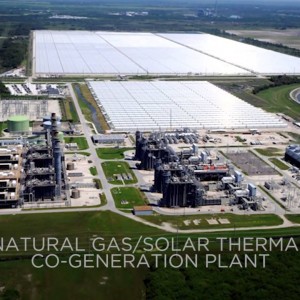
A continuation of the conversation started in “Natural Gas 101” from the first season of Rational Middle Energy videos, “Natural Gas 201” discusses the ways natural gas can contribute to the recovery of the economy from the Great Recession, as well as taking a look at the relationship between renewables and gas now and in the future.
View this complete post...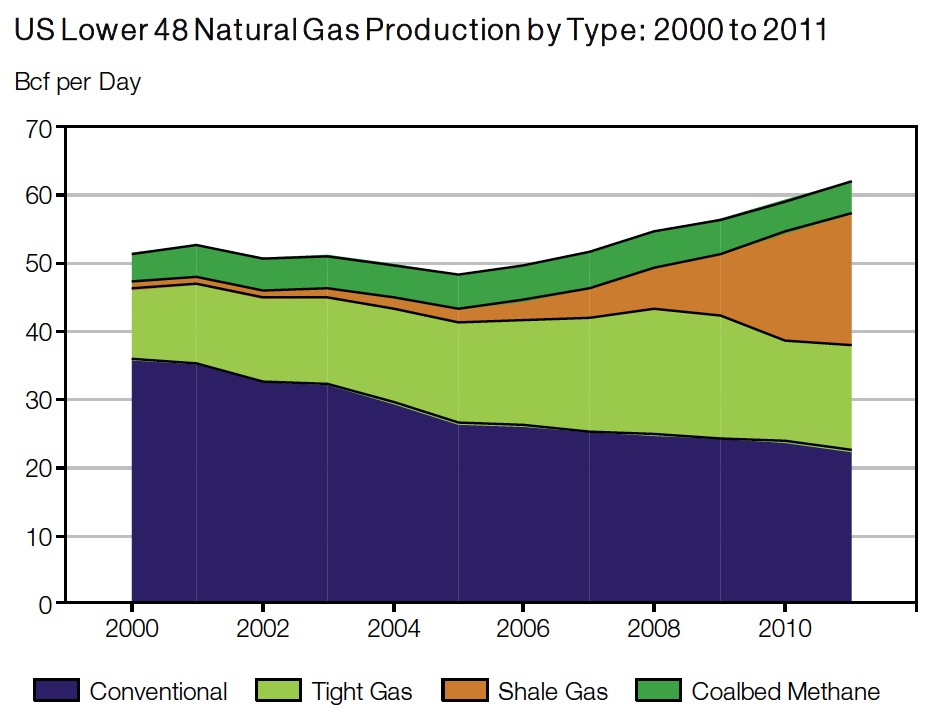
IHS
An unconventional oil and natural gas revolution is transforming America’s energy economy, with far-reaching impacts on the US economy. It has already created over 1.7 million jobs and, by the end of the decade, will have contributed a total of nearly 3 million jobs. Against a backdrop of a historically slow economic recovery and persistently high unemployment following the Great Recession, the surge in spending associated with unconventional oil and natural gas activity is proving to be an important engine for jobs creation.
Follow InfrastructureUSA
Video, stills and tales. Share images of the Infra in your community that demands attention. Post your ideas about national Infra issues. Go ahead. Show Us Your Infra! Upload and instantly share your message.
Is the administration moving fast enough on Infra issues? Are Americans prepared to pay more taxes for repairs? Should job creation be the guiding determination? Vote now!
What do the experts think? This is where the nation's public policy organizations, trade associations and think tanks weigh in with analysis on Infra issues. Tell them what you think. Ask questions. Share a different view.
The Infra Blog offers cutting edge perspective on a broad spectrum of Infra topics. Frequent updates and provocative posts highlight hot button topics -- essential ingredients of a national Infra dialogue.
It is encouraging to finally see clear signs of federal action to support a comprehensive US infrastructure investment plan.
Now more than ever, our advocacy is needed to keep stakeholders informed and connected, and to hold politicians to their promises to finally fix our nation’s ailing infrastructure.
We have already engaged nearly 280,000 users, and hoping to add many more as interest continues to grow.
We require your support in order to rise to this occasion, to make the most of this opportunity. Please consider making a tax-deductible donation to InfrastructureUSA.org.
Steve Anderson
Managing Director
SteveAnderson@InfrastructureUSA.org
917-940-7125